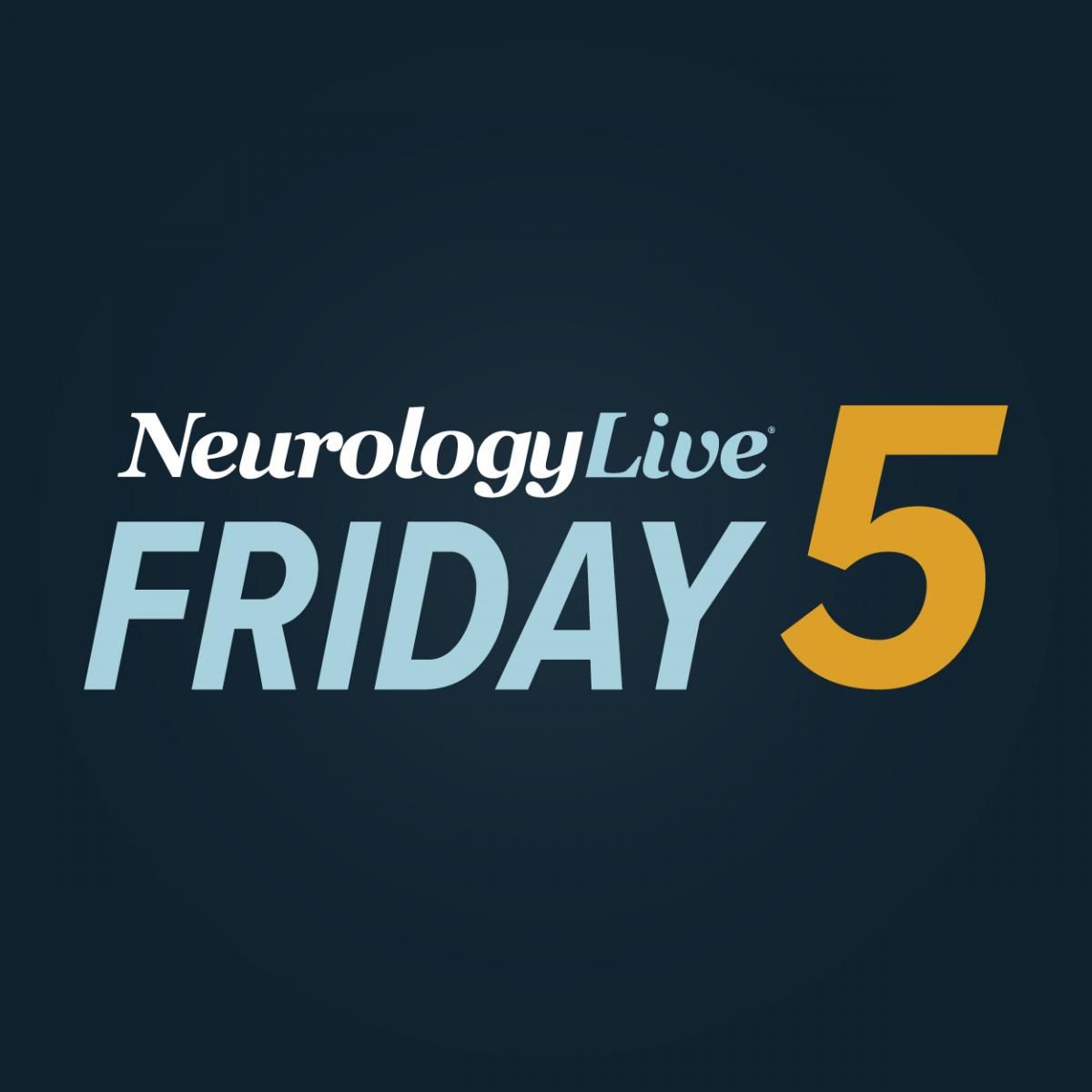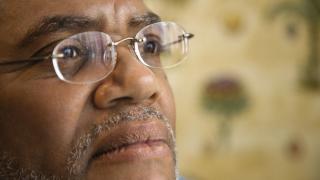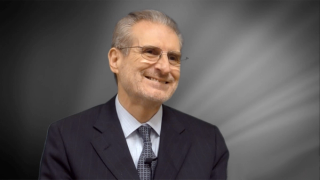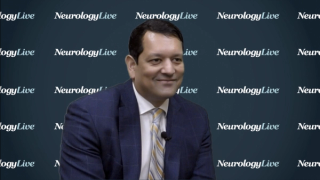
Dementia and Alzheimer Disease
Latest News
Latest Videos

CME Content
More News
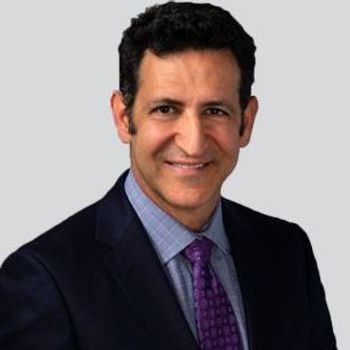
After a sudden reversal and complex analyses, aducanumab’s future rests in the hands of the FDA while the community stands split on if the available data are enough to justify an approval.
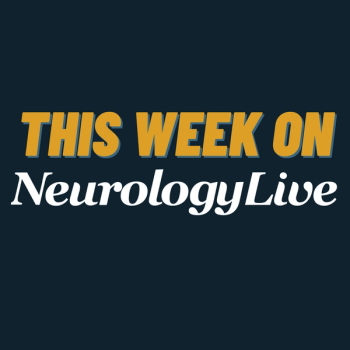
Here's what is coming soon to NeurologyLive.

Take 5 minutes to catch up on NeurologyLive's highlights from the week ending December 11, 2020.

Here's what is coming soon to NeurologyLive.

Take 5 minutes to catch up on NeurologyLive's highlights from the week ending December 4, 2020.
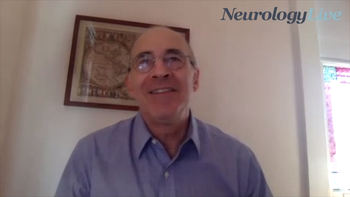
The managing director of the Interdisciplinary Brain Center at Massachusetts General Hospital discussed the process of determining the best situations for use of AMX0035.
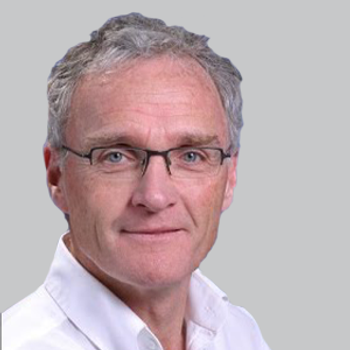
Stephen Cunnane, PhD, Research Center on Aging, Universite de Sherbrooke, discussed the ketogenic drink used in his recent study and the action of ketogenic diets.
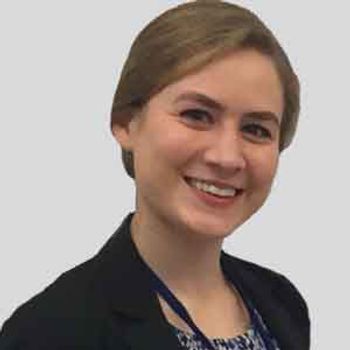
In non-demented patients with Parkinson disease, hippocampal subfields showed associations with memory, spatial working memory, language and executive functions, and CSF tau levels.
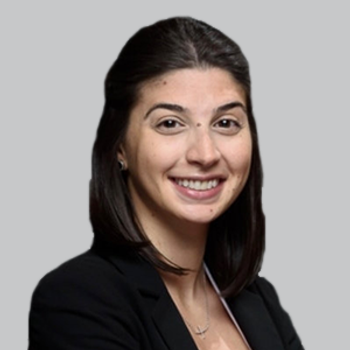
Researchers from USC propose a direct neurotoxic effect of particulate matter smaller than 2.5 μm.

Data from more than 37k patients in the UK Biobank study suggests hypertension in midlife was linked to an increased risk of white matter hyperintensities later in life.
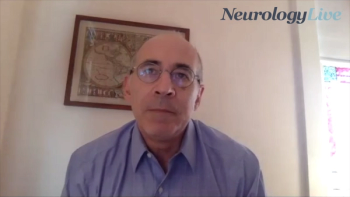
The managing director of the Interdisciplinary Brain Center at Massachusetts General Hospital discussed the potential of AMX0035 for the treatment of Alzheimer disease and other neurological diseases.

Here's what is coming soon to NeurologyLive.
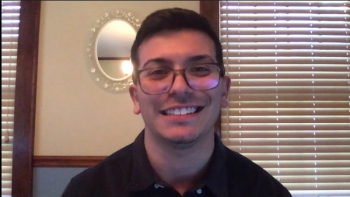
Neurology News Network for the week ending November 28, 2020.

Take 5 minutes to catch up on NeurologyLive's highlights from the week ending November 27, 2020.
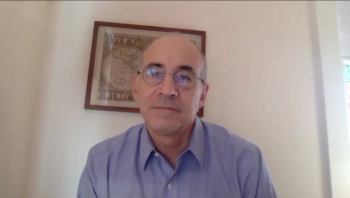
The managing director of the Interdisciplinary Brain Center at Massachusetts General Hospital discussed the trial design and outcomes of the PEGASUS trial of AMX0035.

Stephen Cunnane, PhD, Research Center on Aging, Universite de Sherbrooke, discussed the findings and implications of a recent study of the drink’s effects on patients with mild cognitive impairment.
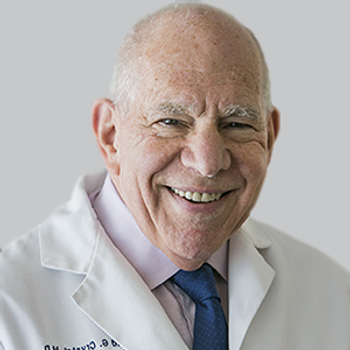
Ronald Crystal, MD, chairman, Department of Genetic Medicine, Weill Cornell Medicine, discussed the promise of gene therapy for patients with Alzheimer disease and related disorders.
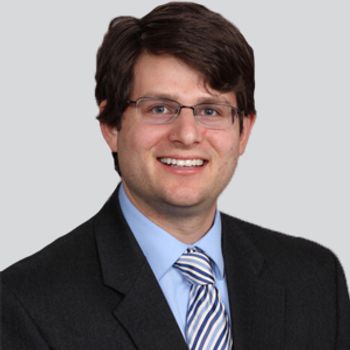
Mayo Clinic's section edition book helps patients with Alzheimer disease and their caregivers answer questions as a guidance method.
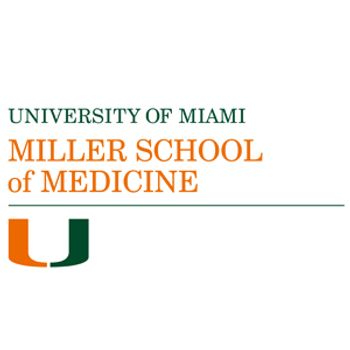
The current study significantly increased the number of participants, allowing researchers to identify several new genetic risk factors for Alzheimer’s disease in African Americans.

The grant will allow for more confidence in risk genes and biological mechanisms that overlap among populations and will also allow for discovery and assessment of additional gene candidates that may be specific to certain populations.

Here's what is coming soon to NeurologyLive.
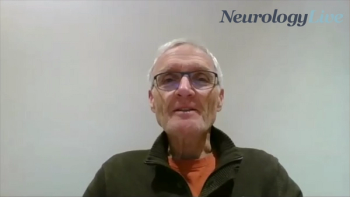
The professor from the Universite de Sherbrooke discusses the use of ketogenic diets and supplements to increase cognition.
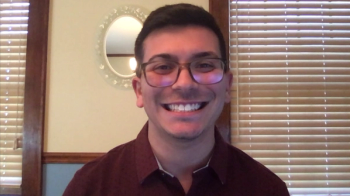
Neurology News Network for the week ending November 21, 2020.

Take 5 minutes to catch up on NeurologyLive's highlights from the week ending November 20, 2020.

The professor from the Universite de Sherbrooke discusses the logistical hardships of trying to prescribe a diet as a method of treatment.



